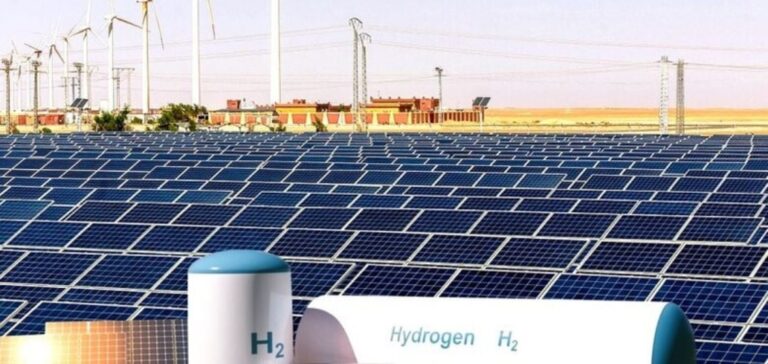The European Bank for Reconstruction and Development (EBRD) is financing the first renewable hydrogen project in Central Asia. Located in Uzbekistan, the aim of this facility is to replace the fossil hydrogen used in the production of ammonia for fertilizers with hydrogen produced by a 52 MW wind power plant.
The project is based on a 20 MW electrolyzer, integrated into this plant, to generate up to 3,000 tonnes of renewable hydrogen per year.
Financing for the EBRD amounts to $65 million, including a $55 million senior loan and $10 million in concessional support provided by Canada through the Special Fund for the High Impact Partnership on Climate Action (HIPCA).
This financing package is designed to support the rapid implementation of the project.
Reducing the industrial carbon footprint
The project mainly targets the fertilizer industry in Uzbekistan, a sector where the use of fossil hydrogen is still predominant.
Switching to renewable hydrogen saves around 22,000 tonnes of CO2 per year, helping to reduce the country’s industrial carbon footprint.
This initiative is in line with Uzbekistan’s energy objectives, as the country seeks to diversify its energy sources while reducing its dependence on fossil fuels. Uzbekistan, which has been the main beneficiary of EBRD funding in Central Asia for several years, thus continues to strengthen its position as a regional leader in the adoption of alternative energies.
This project could also pave the way for other similar initiatives in the region, responding to the growing demands for sustainability in the industrial sector.
International support and involvement
The project enjoys extensive international support, with financial contributions from various countries, including Austria, Finland, the Netherlands, South Korea, Spain, Switzerland, Taiwan, the UK and the USA.
This international cooperation testifies to the strategic importance of the project for the region, where fossil energy resources are still widely used.
By supporting this project, EBRD is contributing to the transformation of Uzbekistan’s industrial sector, by promoting the adoption of cleaner technologies.
The project is not limited to the simple production of renewable energy; it is a step towards a substantial reduction in CO2 emissions in the fertilizer industry, without compromising Uzbekistan’s competitiveness on international markets.






















